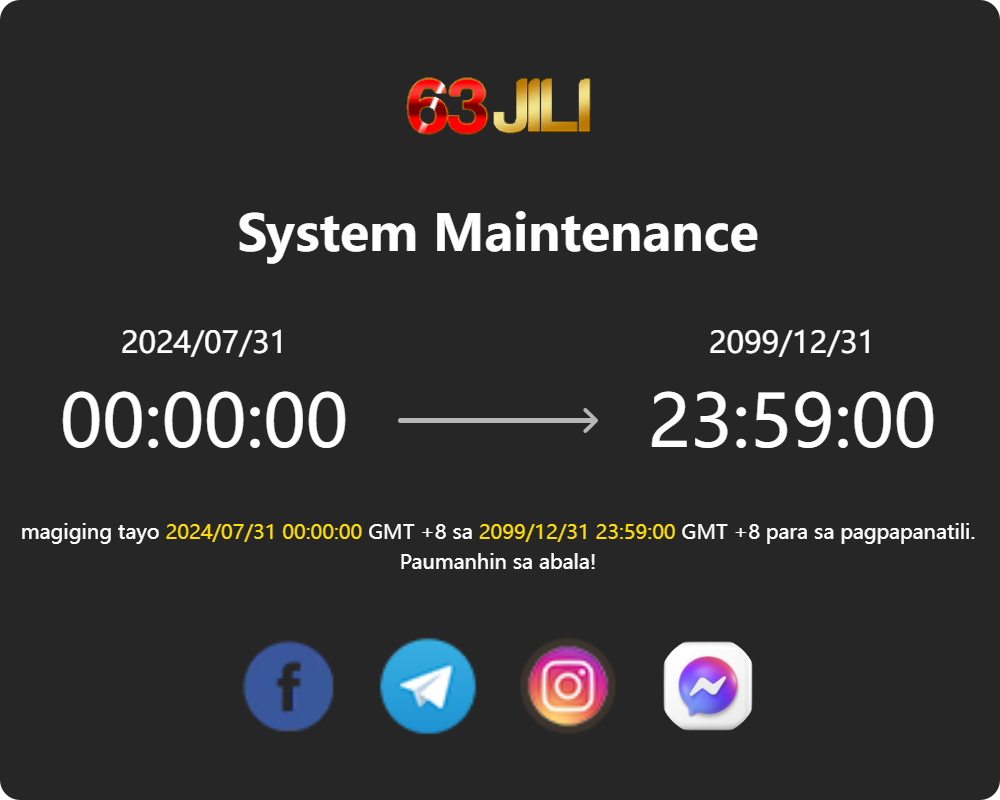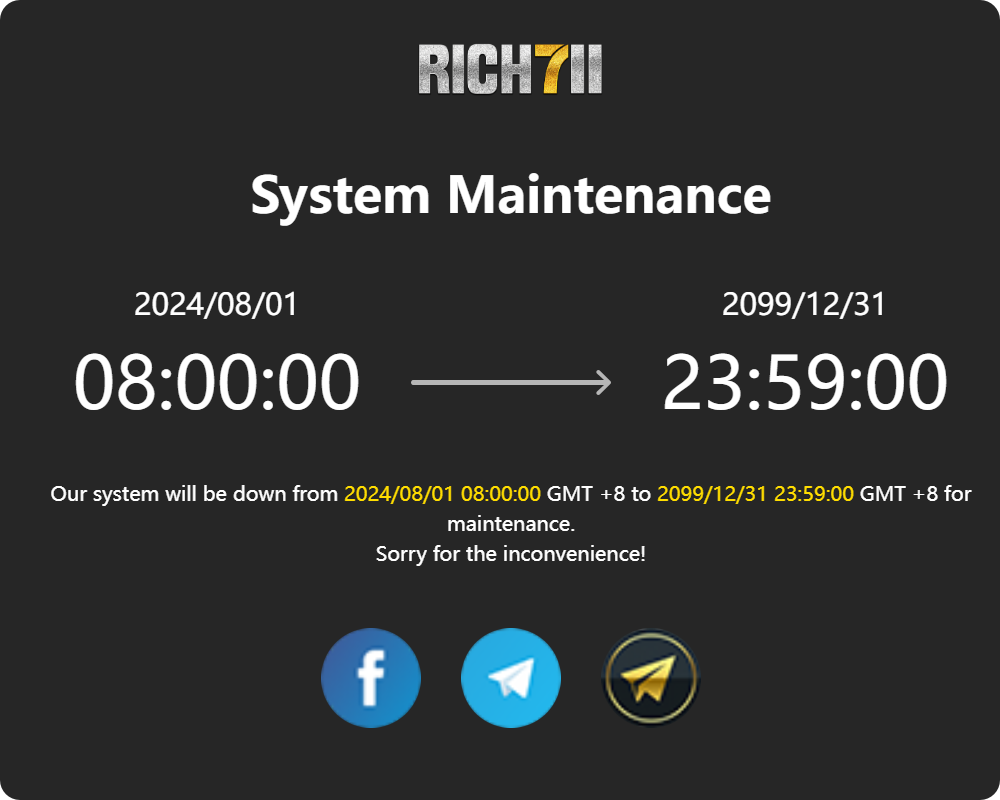How the Loss of Pogo License Affects Online Casino Operations

The recent revocation of POGO (Philippine Offshore Gaming Operator) licenses has significant implications for online casino operations, both in the Philippines and globally. This regulatory shift alters the landscape for many operators who previously relied on POGO licensing to access international markets and facilitate gaming services.
Firstly, the immediate impact is financial. Many online casinos that operated under POGO licenses face disruptions in their revenue streams. This is primarily due to the sudden halt in their ability to offer services to their international clientele, who were previously attracted by the licenses that ensured a level of regulatory oversight. Without these licenses, these casinos may struggle to maintain their user base and financial stability.
Operationally, online casinos must navigate a complex landscape of transitioning to new licenses or adjusting their business models. This could involve renegotiating partnerships, adapting to different regulatory requirements, or even shifting their operational base to regions with more favorable licensing conditions. The transition period is often fraught with uncertainty and can incur additional costs, further straining already tight budgets.
In terms of market perception, the loss of a POGO license might also impact a casino’s reputation. Players and investors often view such regulatory changes with caution, potentially affecting the trust and credibility of the affected casinos.
Understanding the Pogo License and Its Role in Online Casinos
The POGO license, or Philippine Offshore Gaming Operator license, plays a crucial role in the online casino industry, particularly for operators targeting markets outside the Philippines. Issued by the Philippine Amusement and Gaming Corporation (PAGCOR), this license is a key regulatory tool that governs the legality and operations of online casinos catering to international customers.
The primary function of the POGO license is to provide a regulatory framework that ensures the fair and secure operation of online gaming platforms. By obtaining this license, online casinos demonstrate their commitment to adhering to strict operational standards and legal requirements, which include anti-money laundering measures, fair play protocols, and player protection policies.
For online casinos, having a POGO license not only legitimizes their operations but also enhances their market appeal. It assures players and business partners of the casino’s compliance with international standards, fostering trust and credibility. This license is particularly significant for casinos targeting players in Asia and beyond, where regulatory oversight and credibility are paramount.
Moreover, the POGO license facilitates access to a broader market by allowing operators to legally offer their services to players residing in countries where online gambling is regulated. This regulatory endorsement helps casinos to expand their reach and establish a strong presence in competitive international markets.
In essence, the POGO license is more than just a legal requirement; it is a vital element that supports the operational integrity and global expansion of online casinos. By adhering to the standards set by PAGCOR, licensed operators can build a trustworthy brand and offer a secure gaming experience to their players.
Two Cases of POGO Licenses Being Revoked
The revocation of POGO (Philippine Offshore Gaming Operator) licenses could have far-reaching consequences for online casinos and their operations. Here we examine two cases where POGO licenses were revoked.

63JILI
The Philippine Amusement and Gaming Corporation (PAGCOR) found evidence that the operator failed to comply with required financial transparency and reporting standards. This failure not only compromised regulatory integrity. The revocation of a license prevents an operator from providing services, resulting in severe financial losses and operational disruption.

RICH711
The POGO license was lost due to issues related to the security and protection of player profiles. The investigation revealed that operators did not take adequate measures to protect sensitive player information, which is critical to maintaining trust and ensuring fair competition. The revocation is a necessary step to enforce stricter data protection protocols and ensure that online casinos prioritize user safety.
Reference case source –The Impact of Losing Pogo’s License on Online Casinos
VOSLOT With PIGO License
The Philippine gaming landscape is evolving with the entry of VOSLOT, a prominent player now operating under the Philippine Inland Gaming Operators (PIGO) license. This development marks a significant shift as VOSLOT, known for its innovative gaming solutions, gains official authorization to cater to domestic players.
The PIGO license, issued by the Philippine Amusement and Gaming Corporation (PAGCOR), represents a commitment to regulated, responsible gaming. It ensures that operators like VOSLOT adhere to strict standards, promoting fair play and consumer protection. For VOSLOT, this license not only validates their operations but also enhances their credibility and trustworthiness in the local market.
With the PIGO license, VOSLOT can offer a diverse range of gaming options, from online casino games to interactive betting platforms, all tailored to meet the preferences of Filipino players. This move is expected to bring more excitement and innovation to the domestic gaming scene, providing a secure and regulated environment for enthusiasts.
Moreover, the PIGO license aligns with the government’s ongoing efforts to regulate and oversee the gaming industry, aiming to curb illegal activities and ensure a fair gaming experience for all. As VOSLOT integrates this new license into its operations, it sets a new benchmark for other operators in the industry, demonstrating a dedication to compliance and excellence.
In summary, VOSLOT’s acquisition of the PIGO license signifies a promising development in the Philippine gaming sector, offering a blend of regulation and innovation that benefits both operators and players alike.





